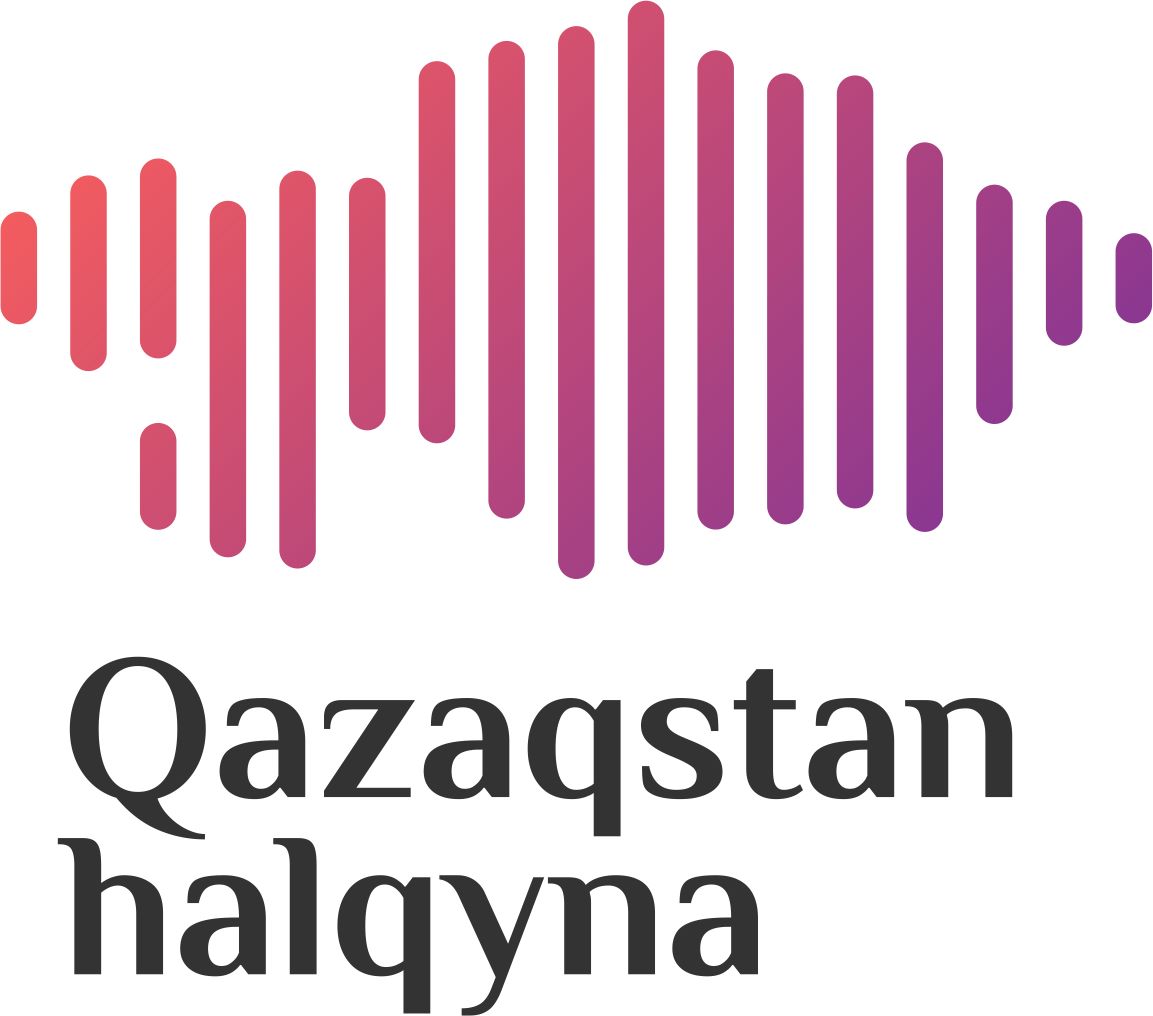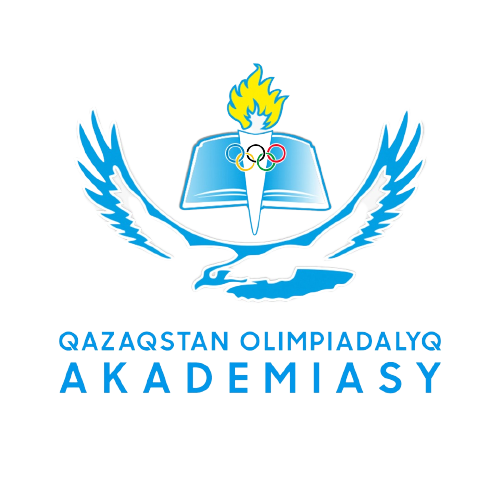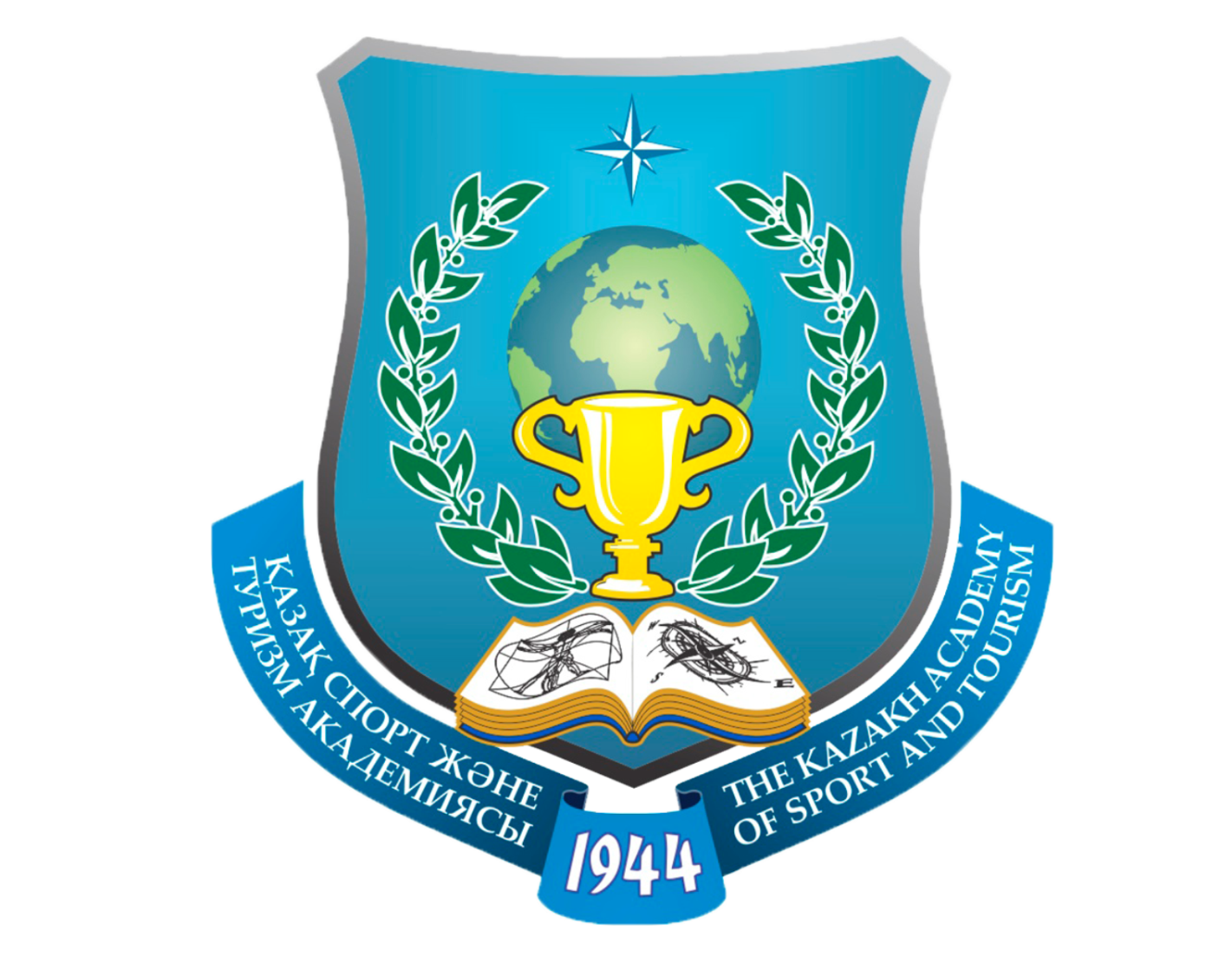HISTORY OF THE DEPARTMENT OF KAZAKH, RUSSIAN AND FOREIGN LANGUAGES
The Department of Kazakh, Russian and Foreign Languages of KazAST has existed since the establishment of the university. Throughout its history, the department has undergone several reorganizations.
At present, the department provides instruction in Kazakh, Russian, and English.
The department delivers training in basic and elective disciplines within the following educational programs: “Physical Culture and Sport,” “Adaptive Physical Culture,” “Tourism,” “Restaurant Business and Hotel Management,” and “Recreation and Sports and Health Tourism.”
Over the years, the heads and staff of the department have made a significant contribution to the education of young people and to the development and further improvement of the university. Currently, the teaching staff of the department consists of 18 people, including 6 associate professors and 12 senior lecturers.
Since the 2024–2025 academic year, the department has been headed by PhD, Associate Professor U.K. Orynbayeva. Orynbayeva U.K. manages the educational and scientific processes, coordinates the work of teachers and supervised disciplines. She actively participates in organizing conferences and scientific-practical events, which demonstrates her contribution to the development of the department and the strengthening of the academic environment.
The teachers of the department prioritize the quality of teaching their disciplines, paying special attention to improving teaching methods, enhancing pedagogical skills, and ensuring a high level of student training. Modern educational technologies, interactive methods, and an individual approach are used in the educational process, which allows maintaining a consistently high level of instruction and ensuring the formation of necessary competencies among students.
The formation of communicative competence among students of the specialties “Physical Culture” and “Tourism” by the teachers of the Department of Kazakh, Russian and Foreign Languages is carried out through a complex of modern, practice-oriented methods. First of all, communicative methods are widely used, such as role-playing games, professional modeling, and problem-based learning, which allow students to be immersed in real professional situations: communication between a coach and an athlete, work of an instructor with a tourist group, conducting excursions, explaining safety procedures, or organizing a sports event. These methods develop skills of dialogic and monologic speech, the ability to give instructions, respond promptly in communication, and use professional terminology.
Project-based activities play an important role, within which students create tourist brochures, presentations of sports events, routes, videos, and other materials in different languages. Projects help improve skills in written and oral professional communication. Teachers actively use digital technologies: multimedia materials, educational videos, sports broadcasts, virtual excursions, as well as online platforms such as Quizlet, Kahoot, Padlet, and Moodle, where students perform interactive tasks, expand their vocabulary, and practice dialogues.
The teachers of the department have developed Massive Open Online Courses (MOOCs) aimed at developing language, professional-communicative, and academic skills. The courses include video lectures, interactive tasks, test modules, and practical materials focused on real situations in sports activities. The use of MOOCs allows students to independently improve their terminological base, enhance oral and written communication skills, and flexibly build an individual learning trajectory.
The department carries out systematic research activities (R&D) and student research work (SRW) aimed at developing the scientific potential of teachers and involving students in research activities. Teachers’ research is implemented through scientific projects, publication of articles in national and international peer-reviewed journals, participation in international and national conferences, development of methodological materials, textbooks, and innovative educational technologies.
U.K. Orynbayeva has published 2 articles in journals indexed in the Scopus database, as well as 5 articles in peer-reviewed Kazakhstani scientific journals (KKSON). She participated in 4 international conferences, presenting the results of her research and exchanging experience with colleagues from different countries. Under the scientific supervision of Orynbayeva, 11 scientific articles by students of the department were presented at the Republican scientific-practical conference. She became the author of 2 monographs and prepared 1 textbook. Orynbayeva U.K. received 5 copyright certificates confirming her contribution to the development of foreign language teaching methodology and improvement of the educational process.
E.K. Bakhytzhan, A.B. Ospanova, A.A. Berdysheva, G.A. Boltaeva, and M.A. Segizbayeva published articles in journals indexed in Scopus, as well as in KKSON peer-reviewed publications. A monograph by A.N. Aituganova entitled “The Heritage of Abai in the Works of Olzhas Suleimenov: Continuity and Innovation” was published. In addition, teachers of the department actively participated in international and national conferences. Three textbooks on English and Russian languages were prepared and published by the department. These textbooks were developed in accordance with modern educational requirements and are aimed at effective study of foreign and state languages.
Student research work is organized in accordance with the department’s plan and is aimed at developing students’ research skills. Scientific supervisors provide consultations, assist students in selecting topics, preparing research papers, reports, and publications. Students take part in subject Olympiads, scientific-practical conferences, research project competitions, and round tables.
In the 2024–2025 academic year, student E. Getallo, under the scientific supervision of U.K. Orynbayeva, participated in the Republican competition held at Karaganda University named after E.A. Buketov and won second place. This achievement confirms the high level of student training at the department, the effectiveness of teachers’ scientific supervision, and the active involvement of students in research and competitive activities.
The department organized the I Republican scientific-practical conference, which was attended by more than 80 students from KazAST and other universities of the republic. The conference became a platform for exchanging scientific ideas, presenting research projects, and developing academic communication skills among students. The event contributed to the formation of competencies in the field of research activities, stimulated interest in in-depth study of departmental subjects, and strengthened interuniversity cooperation.
Teachers of the department have completed advanced training courses and received relevant certificates within various educational programs. Among the completed courses were: “Theory and Methodology of Teaching Russian at University (Traditions and Innovations)” (Republic of Bulgaria), “Application of Digital Applications and Artificial Intelligence Elements in Educational Activities,” “Current Problems of Training Specialists: Theoretical Issues and Practical Solutions,” “Organization of Educational Work with Students with Special Educational Needs,” and “Modern Innovative Methods of Teaching and Assessing Students’ Knowledge.”
Mastering these programs has allowed teachers to introduce modern technologies and teaching methods, use digital tools and elements of artificial intelligence, effectively organize the educational process, and take into account individual characteristics of students to improve the quality of education.
The department has organized an English language course “Discussion Club.” It was developed with the aim of improving students’ language skills and expanding their horizons through discussions of current topics in different languages. Within the course, students not only improve grammar and vocabulary but also develop the ability to argue and speak in public.
The educational and upbringing work of the Department of Kazakh, Russian and Foreign Languages is aimed at forming high moral qualities in students, civic responsibility, respectful attitude toward state and cultural values, as well as developing general personal culture and communicative competence. Numerous events have been organized by the teachers and students of the department. Within the framework of the celebration of the Language Day, students participated in competitions such as “Virtual Newspaper,” “Brain Battles,” and “Mega Mind,” improving their language skills. A discussion of the Address of the President of the Republic of Kazakhstan Kassym-Jomart Tokayev to the people of Kazakhstan was also held. Students took part in the event “Clean Session.” Students of the department participated in the Republican competitions “Abai Readings,” “Makatayev Readings.” On the initiative of the public association “International Society ‘Kazakh Language’” and within the project “National Dictation,” an event was held at the Kazakh Academy of Sports and Tourism for teachers and students who mastered the state language as a native and second language. Thematic events were also organized, including “My Language Is My Support, the Heart in My Chest,” and the Republican round table “The Complete Person – the Mirror of the Perfect Generation: Abai’s Teaching and Today’s Youth.” Consistent and purposeful educational work of the department contributes to the formation of an active civic position among students, spiritual and moral qualities, a culture of interpersonal communication, and readiness for professional activity in a modern multilingual and intercultural society.
The teachers of the department have been recognized for their contribution to the development of KazAST Academy and for their active participation in educational and scientific activities. Five teachers received the medal “For Contribution to the Development of the Academy,” one teacher was awarded the medal named after A. Baitursynov, and several teachers were honored with letters of gratitude and diplomas. These awards reflect the high professional level of the department’s teachers and their significant contribution to strengthening the educational and scientific potential of the Academy.



 Виртуальный помощник Казахской академии спорта и туризма
Виртуальный помощник Казахской академии спорта и туризма